If you’re anything like me, your love for books knows no bounds. There’s nothing quite like the feeling of getting lost in a story, especially one that resonates deeply and leaves a lasting impact. Over the years, I’ve discovered that some books have the power to change your perspective on life. These classic novels are more than just stories; they are experiences that shape the way we see the world and ourselves. Here are 20 must-read classic books that will change your life forever. Trust me, each one is worth every page turn.
Also, enjoy the unique and re-created scenes from your favorite classic books!
“Pride and Prejudice” by Jane Austen
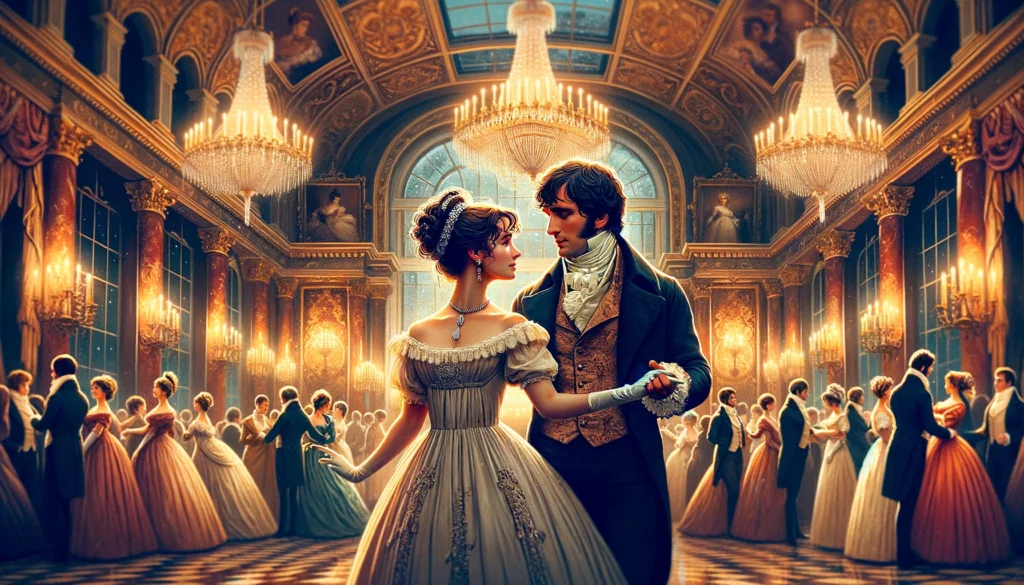
Synopsis: Jane Austen’s beloved novel follows Elizabeth Bennet as she navigates the societal pressures and romantic entanglements of Regency England. Elizabeth’s wit and independence set her apart, especially in her encounters with the brooding Mr. Darcy.
Themes: Social class, marriage, and morality.
Impact: Reading “Pride and Prejudice” taught me that first impressions aren’t always accurate. Elizabeth and Darcy’s evolving relationship shows the importance of understanding and growth. Austen’s critique of social class and gender roles is still relevant today, reminding us to question societal norms and value genuine connections.
“1984” by George Orwell
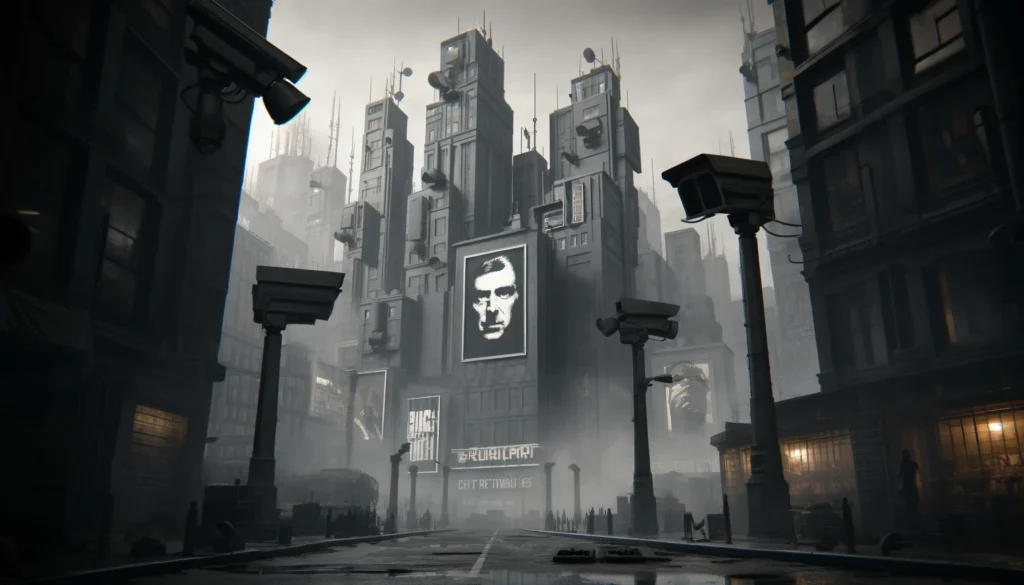
Synopsis: In Orwell’s dystopian world, the totalitarian regime of Big Brother controls every aspect of life. Winston Smith, a low-ranking member of the Party, starts to question the oppressive system.
Themes: Totalitarianism, surveillance, and individuality.
Impact: “1984” is a chilling reminder of the dangers of unchecked power and surveillance. When I first read it, I was struck by how eerily relevant it felt. The novel encourages readers to value their freedom and stay vigilant against any form of tyranny.
“To Kill a Mockingbird” by Harper Lee
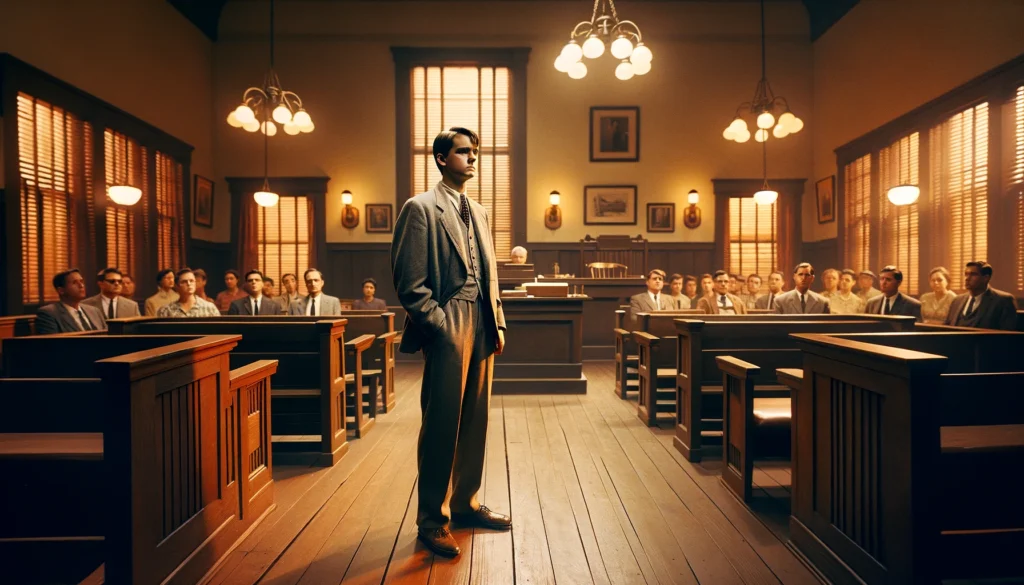
Synopsis: This Pulitzer Prize-winning novel tells the story of Scout Finch, her brother Jem, and their father Atticus, a lawyer who defends a black man falsely accused of raping a white woman in the racially charged atmosphere of 1930s Alabama.
Themes: Racism, justice, and moral growth.
Impact: Atticus Finch became my hero after reading “To Kill a Mockingbird.” His unwavering sense of justice and compassion inspired me to stand up for what is right, even when it’s unpopular. The novel’s exploration of racism and empathy is a lesson in humanity that everyone should experience.
“The Great Gatsby” by F. Scott Fitzgerald
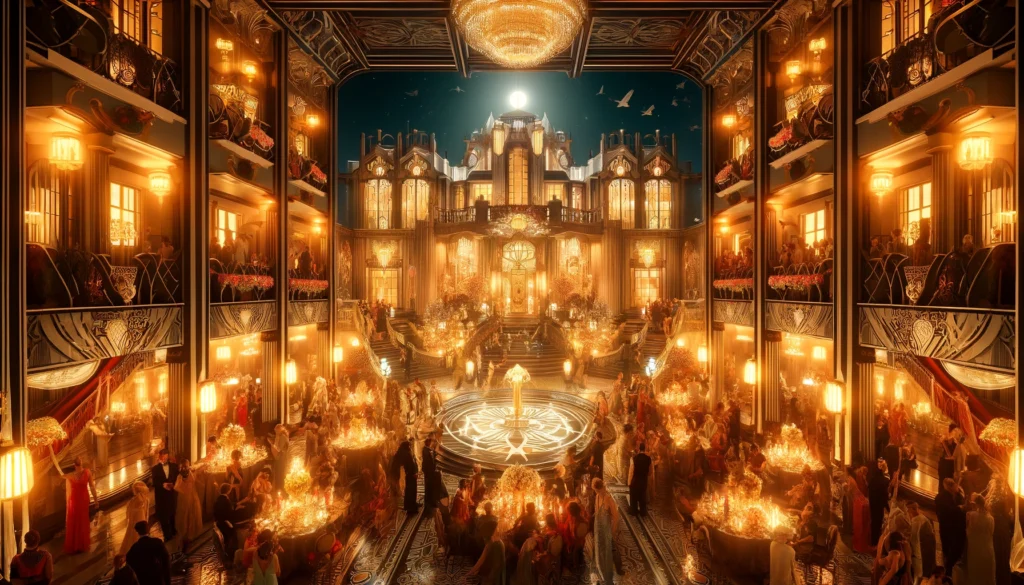
Synopsis: Jay Gatsby, a wealthy and mysterious man, throws extravagant parties in hopes of reuniting with his lost love, Daisy Buchanan. Narrated by Nick Carraway, the novel explores themes of love, wealth, and the American Dream.
Themes: The American Dream, wealth, and love.
Impact: “The Great Gatsby” made me question the true meaning of success and happiness. Gatsby’s relentless pursuit of a dream based on illusion taught me the importance of finding fulfillment within ourselves rather than through material possessions or societal approval.
“Moby-Dick” by Herman Melville
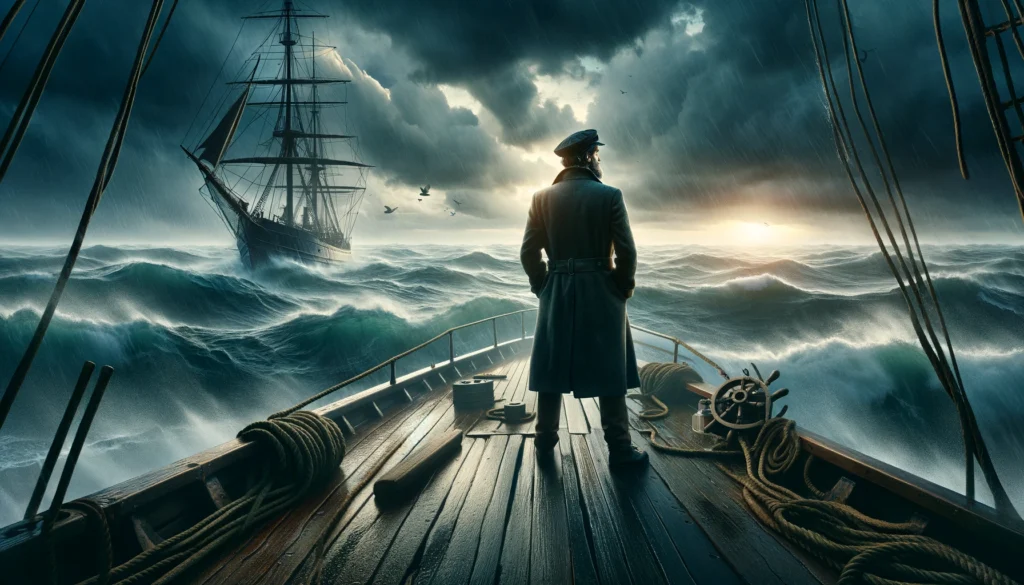
Synopsis: Captain Ahab’s obsession with hunting the elusive white whale, Moby-Dick, drives him and his crew on a perilous journey. The novel delves into the depths of human nature and the sea.
Themes: Obsession, fate, and the human condition.
Impact: “Moby-Dick” is a profound exploration of the human psyche and our obsessions. Ahab’s single-minded pursuit of the whale is a cautionary tale about the dangers of letting our obsessions consume us. It taught me the value of balance and the perils of extremism.
“One Hundred Years of Solitude” by Gabriel García Márquez

Synopsis: This epic novel chronicles the multi-generational story of the Buendía family in the fictional town of Macondo, blending magical realism with the historical and political context of Latin America.
Themes: Magical realism, family, and history.
Impact: The first time I read “One Hundred Years of Solitude,” I was captivated by its rich, otherworldly narrative. Márquez’s ability to weave fantastical elements with reality taught me to see the magic in everyday life and appreciate the complexities of family and history.
“War and Peace” by Leo Tolstoy
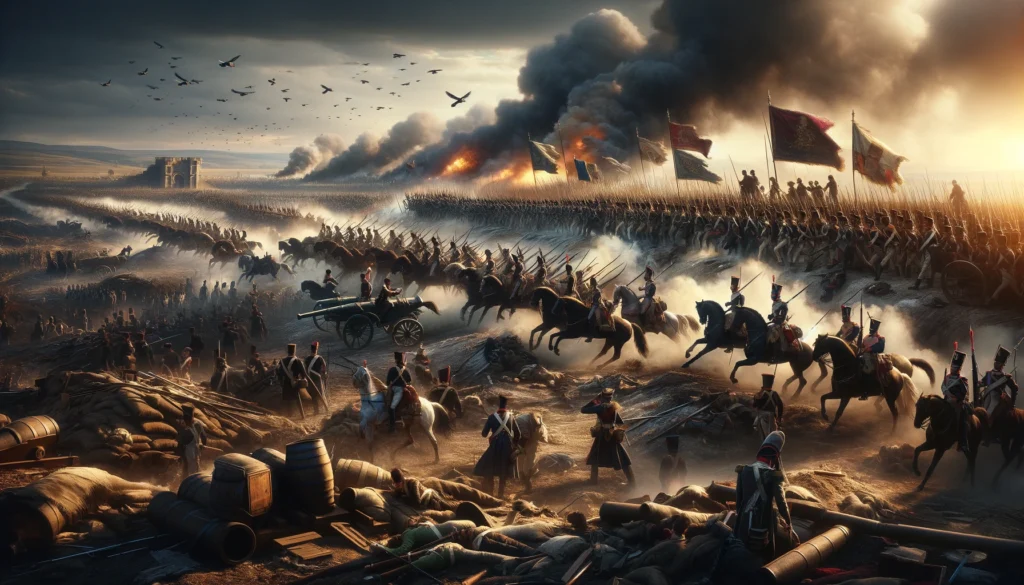
Synopsis: Tolstoy’s masterpiece follows the lives of several Russian aristocratic families during the Napoleonic Wars. The novel explores themes of war, peace, and the human experience.
Themes: War, peace, and human experience.
Impact: “War and Peace” is a monumental read, but it’s worth every page. Tolstoy’s intricate portrayal of characters and historical events provides profound insights into human nature and the forces that shape our lives. It taught me to see the interconnectedness of personal and historical narratives.
“Crime and Punishment” by Fyodor Dostoevsky
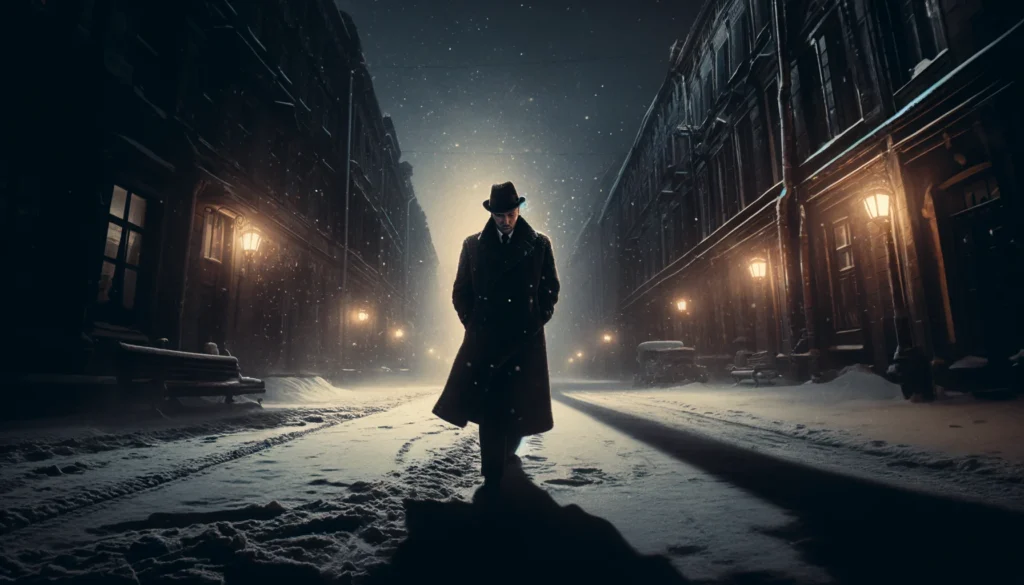
Synopsis: The novel follows Rodion Raskolnikov, a destitute ex-student who commits a murder and grapples with the psychological and moral consequences of his actions.
Themes: Guilt, redemption, and morality.
Impact: Dostoevsky’s exploration of guilt and redemption in “Crime and Punishment” is both harrowing and enlightening. Raskolnikov’s inner turmoil and eventual search for redemption made me reflect on the nature of morality and the power of conscience.
“Jane Eyre” by Charlotte Brontë
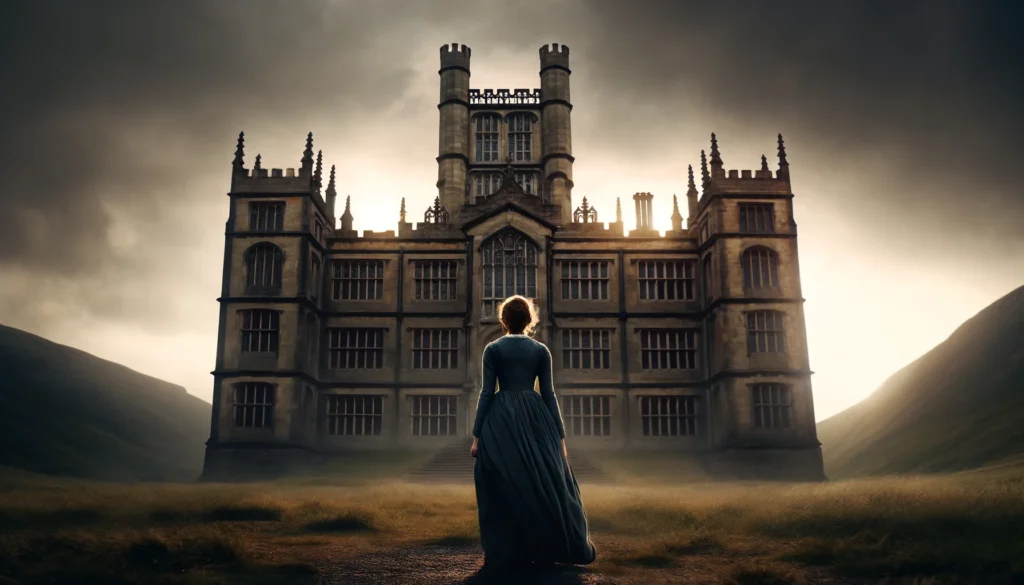
Synopsis: Orphaned and mistreated, Jane Eyre grows up to become a governess at Thornfield Hall, where she falls in love with the mysterious and brooding Mr. Rochester.
Themes: Independence, love, and social criticism.
Impact: Jane Eyre’s resilience and independence inspired me to value self-respect and integrity. Her journey from a mistreated orphan to a strong, self-assured woman is a powerful testament to personal strength and the importance of staying true to oneself.
“The Catcher in the Rye” by J.D. Salinger
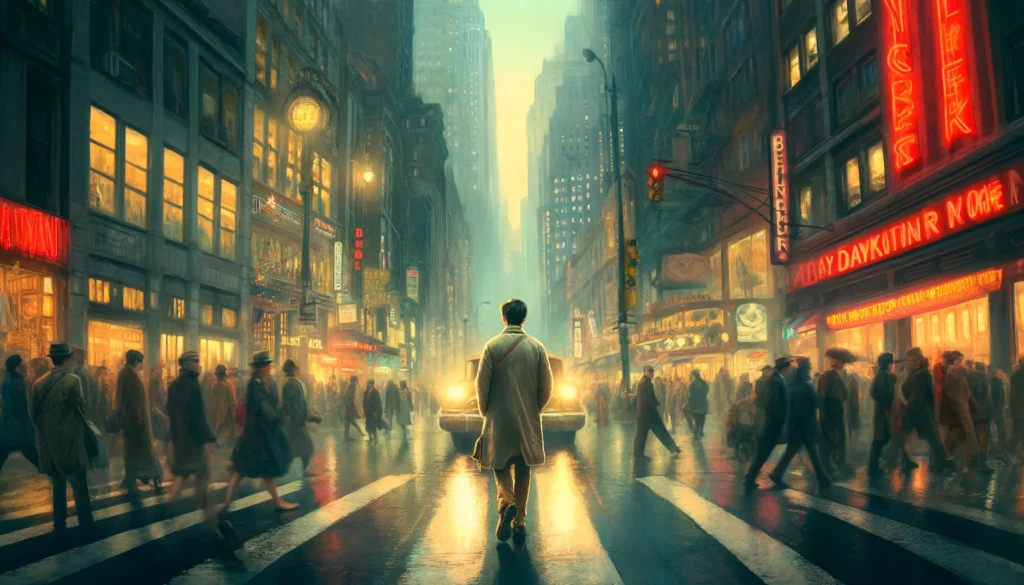
Synopsis: The novel follows the disenchanted teenager Holden Caulfield as he navigates the challenges of adolescence and the phoniness of the adult world.
Themes: Adolescence, identity, and alienation.
Impact: Holden Caulfield’s raw and honest perspective resonated with me deeply during my teenage years. “The Catcher in the Rye” captures the confusion and angst of growing up, reminding us of the importance of authenticity and finding our own path.
“The Odyssey” by Homer
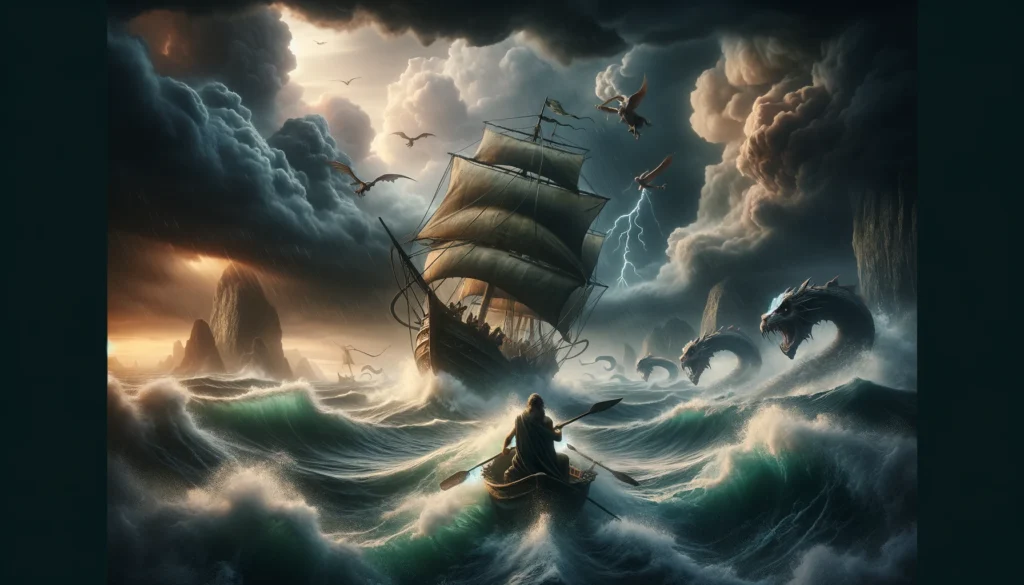
Synopsis: Homer’s epic poem recounts the adventures of Odysseus as he struggles to return home to Ithaca after the Trojan War, facing numerous trials and tribulations along the way.
Themes: Heroism, loyalty, and adventure.
Impact: “The Odyssey” is the quintessential adventure story that taught me the value of perseverance and cleverness. Odysseus’s journey is a timeless reminder that the path to our goals is often fraught with challenges, but with determination and wit, we can overcome them.
“Brave New World” by Aldous Huxley
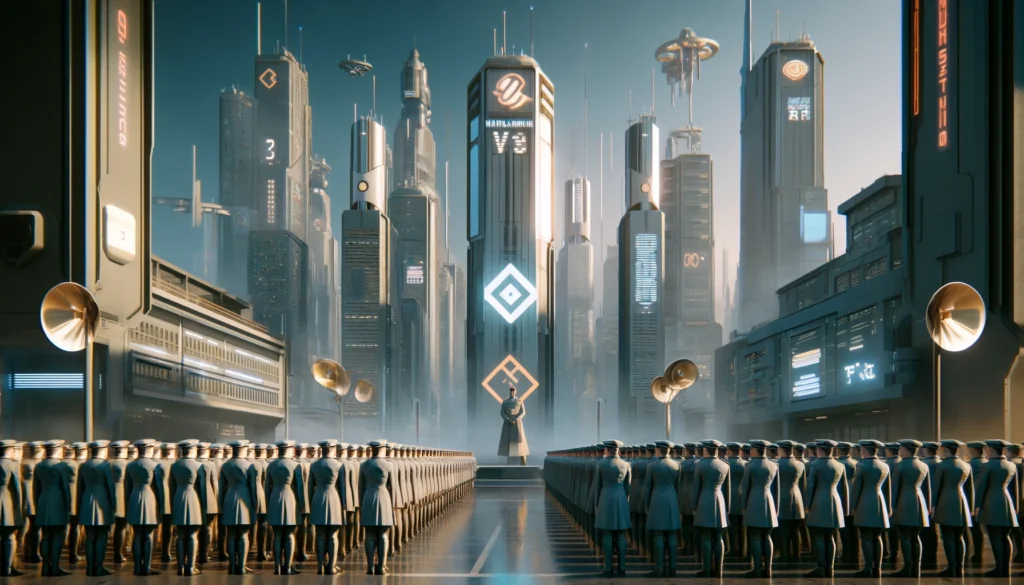
Synopsis: Set in a dystopian future where society is controlled through technology and conditioning, “Brave New World” explores the implications of a society that sacrifices individuality for stability.
Themes: Technology, control, and dehumanization.
Impact: Huxley’s vision of a controlled, homogenized society is both fascinating and terrifying. “Brave New World” made me reflect on the balance between technological advancement and personal freedom, and the importance of maintaining our humanity in an increasingly mechanized world.
“Wuthering Heights” by Emily Brontë
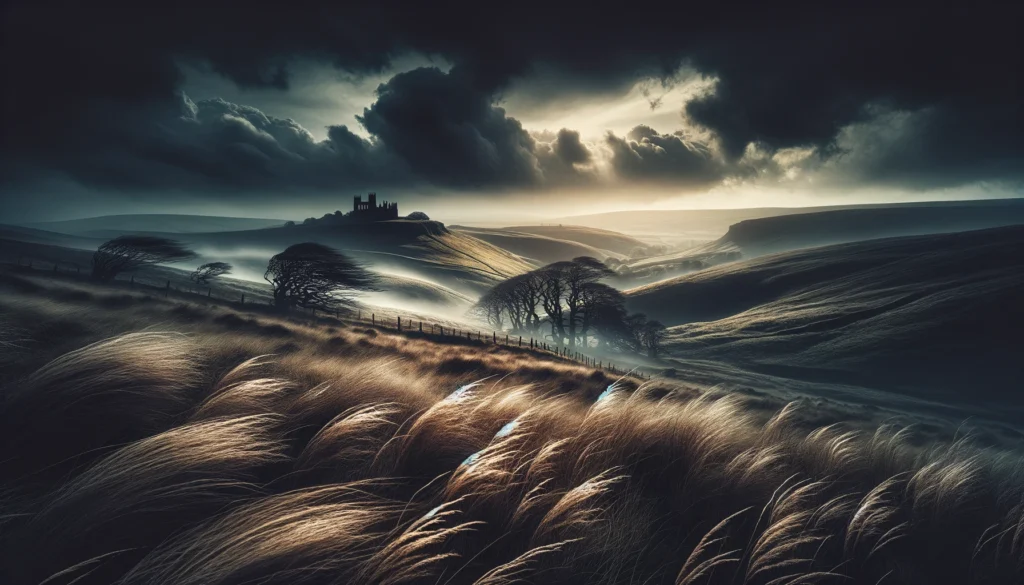
Synopsis: This gothic novel tells the turbulent love story of Heathcliff and Catherine Earnshaw, set against the bleak Yorkshire moors.
Themes: Love, revenge, and the supernatural.
Impact: “Wuthering Heights” is a haunting tale of passion and vengeance. The intense emotions and dark atmosphere of the novel left a lasting impression on me, highlighting the complexities of love and the destructive power of obsession.
“Great Expectations” by Charles Dickens
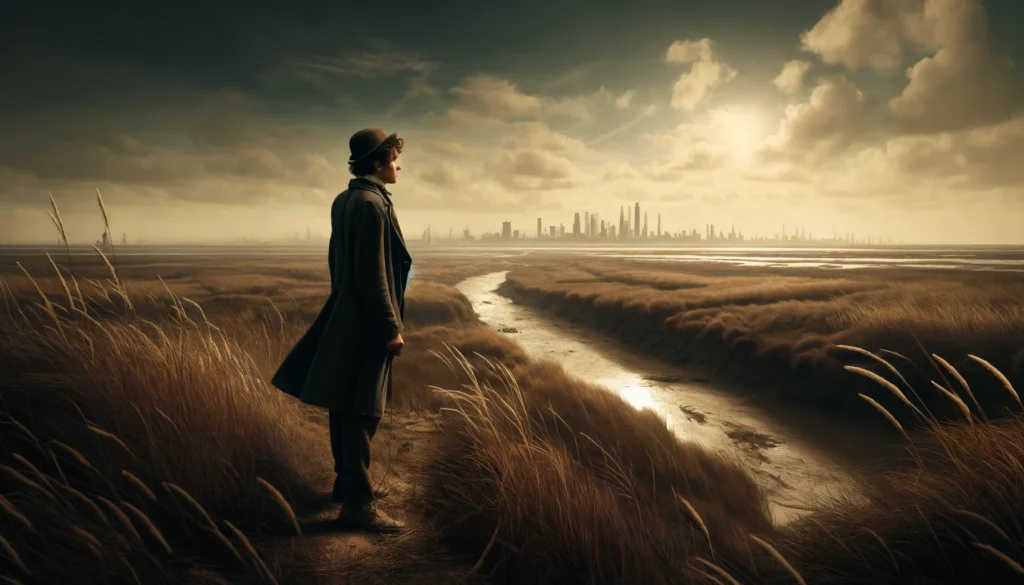
Synopsis: Pip, an orphan raised by his sister and her husband, dreams of becoming a gentleman. His journey from childhood to adulthood is marked by ambition, love, and self-discovery.
Themes: Ambition, social class, and personal growth.
Impact: Dickens’s portrayal of Pip’s aspirations and disillusionments is both heartwarming and heartbreaking. “Great Expectations” taught me the importance of humility and the dangers of letting social status define our worth.
“Frankenstein” by Mary Shelley
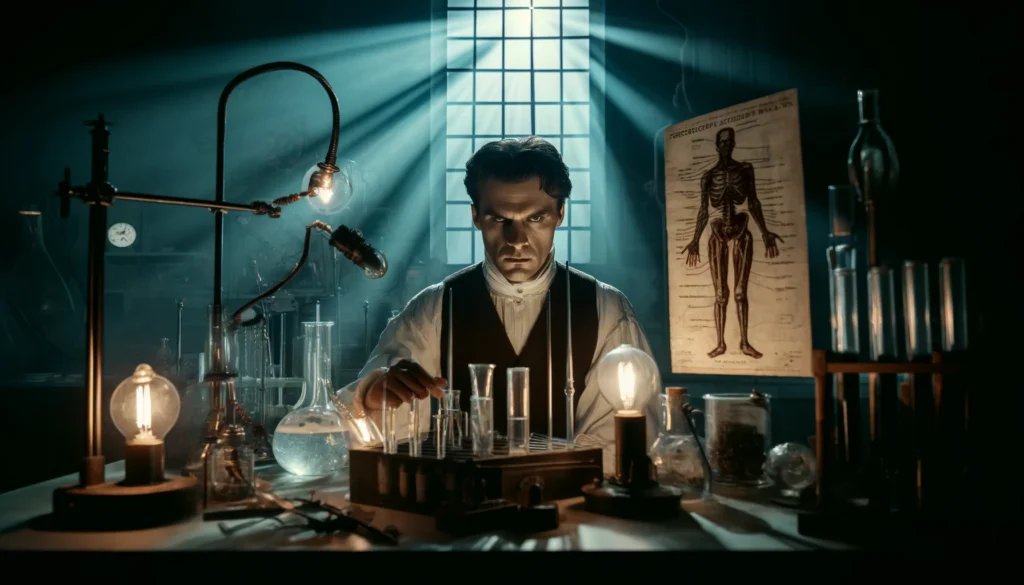
Synopsis: Victor Frankenstein creates a living being from dead matter, only to be horrified by the monster he has brought to life. The novel explores the consequences of playing God and the responsibilities of creation.
Themes: Creation, ambition, and ethical responsibility.
Impact: “Frankenstein” is a profound exploration of scientific ambition and ethical boundaries. Shelley’s novel made me question the responsibilities that come with knowledge and the consequences of unchecked ambition.
“The Grapes of Wrath” by John Steinbeck
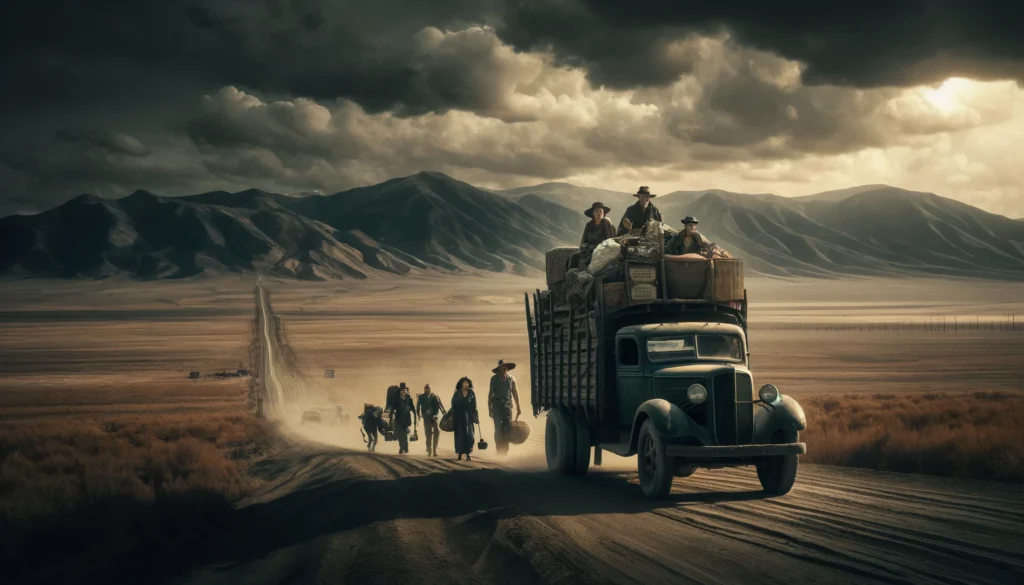
Synopsis: The Joad family, displaced by the Dust Bowl and economic hardship, journeys to California in search of a better life, facing immense struggles along the way.
Themes: Poverty, struggle, and resilience.
Impact: Steinbeck’s depiction of the Joad family’s endurance in the face of adversity is both moving and inspiring. “The Grapes of Wrath” highlights the strength of the human spirit and the importance of compassion and solidarity in difficult times.
“Don Quixote” by Miguel de Cervantes
Synopsis: The novel follows the adventures of Don Quixote, an aging nobleman who becomes a self-styled knight-errant, and his loyal squire, Sancho Panza.
Themes: Idealism, reality, and chivalry.
Impact: “Don Quixote” is a delightful and thought-provoking tale that celebrates the power of imagination and the importance of staying true to our ideals, even in the face of ridicule. Cervantes’s novel reminded me to embrace my dreams and maintain a sense of wonder.
“Madame Bovary” by Gustave Flaubert

Synopsis: Emma Bovary, dissatisfied with her provincial life and marriage, seeks excitement and romance, leading to her eventual downfall.
Themes: Desire, disillusionment, and the constraints of society.
Impact: Flaubert’s “Madame Bovary” is a stark portrayal of the dangers of unfulfilled desires and societal expectations. Emma’s tragic story made me reflect on the importance of finding contentment within ourselves and the pitfalls of chasing unrealistic fantasies.
“Heart of Darkness” by Joseph Conrad
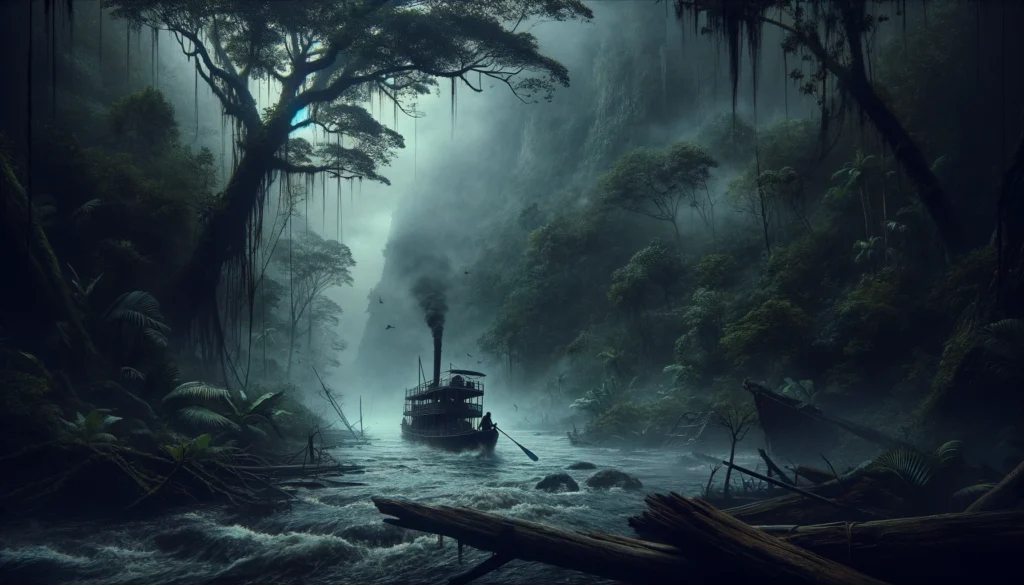
Synopsis: The novel follows Marlow’s journey into the African Congo to find the enigmatic Kurtz, revealing the darkness within human nature and colonialism.
Themes: Colonialism, darkness, and the human psyche.
Impact: “Heart of Darkness” is a powerful critique of imperialism and a deep dive into the human soul. Conrad’s exploration of moral ambiguity and the darkness within us all left a lasting impact, urging me to consider the ethical implications of our actions.
“Anna Karenina” by Leo Tolstoy
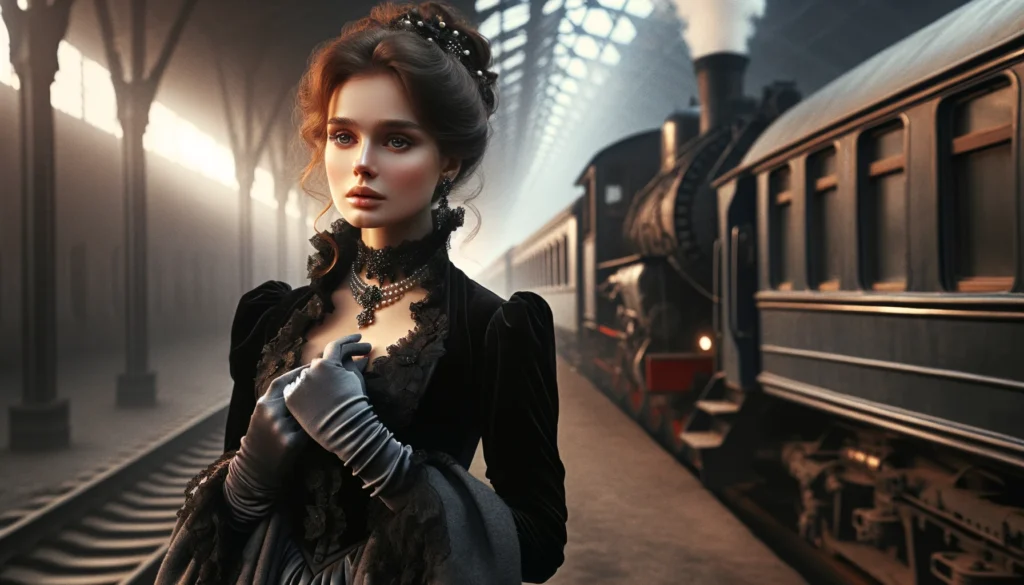
Synopsis: The novel follows the tragic affair between Anna Karenina and Count Vronsky, set against the backdrop of Russian society.
Themes: Love, family, and society.
Impact: “Anna Karenina” is a rich and complex exploration of love, duty, and societal expectations. Tolstoy’s nuanced characters and intricate plot made me appreciate the complexity of human relationships and the impact of societal norms on personal happiness.
Conclusion
Classic literature has a unique ability to transcend time and culture, offering timeless insights and universal truths. These 20 must-read classic books have shaped my understanding of the world and myself in profound ways. Whether you’re looking for adventure, romance, social critique, or philosophical reflection, these novels have something to offer. So, grab a cup of tea, find a cozy spot, and dive into these timeless treasures. Your life will be all the richer for it.

Have you ever considered about including a little bit more
than just your articles? I mean, what you say is fundamental and everything.
However think about if you added some great pictures or video
clips to give your posts more, “pop”! Your content
is excellent but with images and video clips, this blog could undeniably be one of the best in its niche.
Very good blog!!